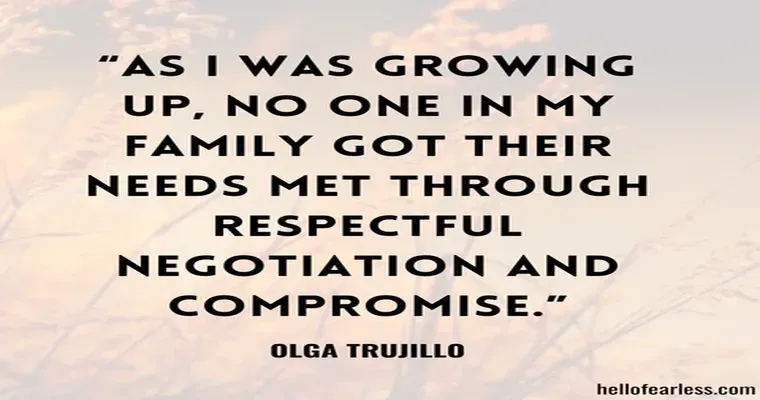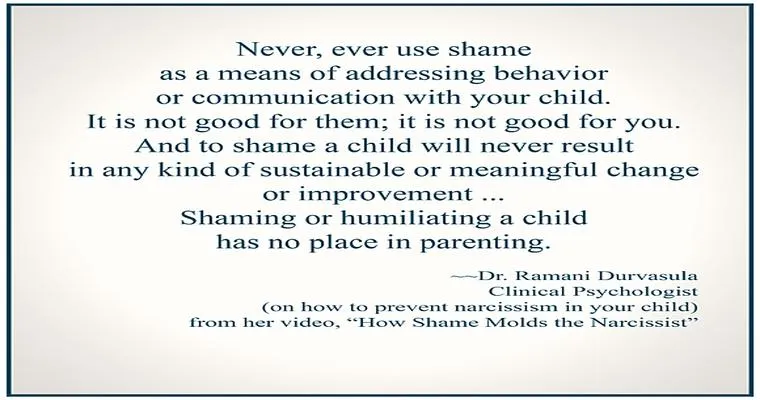Caregiving can often lead to challenging situations, especially when it comes to managing "family dynamics". As a caregiver, saying “no” to "family drama" is essential for maintaining not only your own well-being but also providing the best care for your loved one. Navigating the emotional waters of caregiving while dealing with conflicting opinions and expectations from family members can be overwhelming. This article will explore effective strategies for setting boundaries and reducing drama while ensuring that your caregiving responsibilities remain your priority.
One of the first steps in avoiding "family drama" is to establish clear boundaries. As a caregiver, it is vital to communicate your limits openly and honestly with family members. Let them know what you can and cannot handle, both physically and emotionally. By setting these boundaries, you create a safe space that allows you to focus on your caregiving duties without being drawn into conflicts or unnecessary stress.
Another effective strategy is to prioritize your own mental health. Caregiving can take a toll on your emotional well-being, and it is essential to take time for self-care. Engage in activities that bring you joy and relaxation, whether that means exercising, reading, or spending time with friends. When you prioritize your mental health, you are better equipped to handle family drama without becoming overwhelmed.
When family members try to involve you in disputes or place demands on you, it is important to practice assertiveness. Politely decline to engage in conversations that lead to drama, and redirect the focus back to caregiving. You might say something like, “I appreciate your concern, but I need to focus on what is best for [loved one’s name] right now.” This approach not only reinforces your boundaries but also emphasizes your commitment to quality care.
In some cases, it may be beneficial to seek support from outside sources. Consider joining a support group or seeking guidance from a counselor who specializes in caregiving issues. These resources can provide valuable insights and coping strategies for managing family dynamics effectively. Surrounding yourself with individuals who understand the challenges of caregiving can help you feel less isolated and more empowered to say “no” to drama.
It is also crucial to remember that you are not responsible for other family members’ emotions or reactions. While it is natural to want to maintain harmony, you cannot control how others respond to your decisions. Focus on what you can control—your actions and reactions. By doing so, you can minimize the impact of family drama on your caregiving journey.
Finally, maintain open lines of communication with your loved ones. Regularly update family members about your caregiving situation and any changes that may arise. When everyone is informed, there is less room for misunderstandings and conflicts. This proactive approach can help reduce the likelihood of drama and create a more supportive environment for both you and your loved one.
In conclusion, saying “no” to "family drama" while caregiving is not only possible but necessary for your well-being and that of your loved one. By establishing boundaries, prioritizing self-care, practicing assertiveness, seeking support, and maintaining clear communication, you can navigate the complexities of family dynamics while focusing on providing the best possible care. Remember, your role as a caregiver is essential, and protecting your emotional health is a key component of that responsibility.





